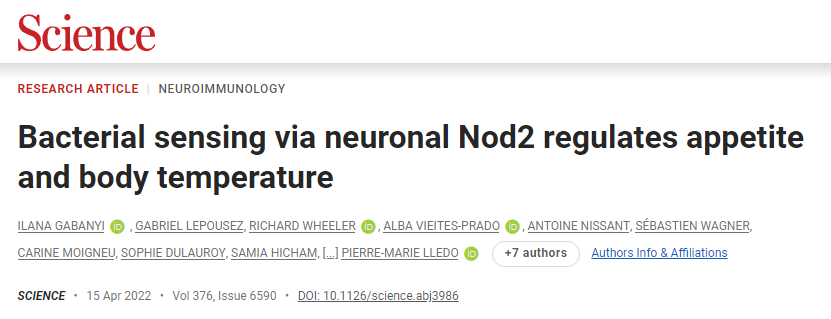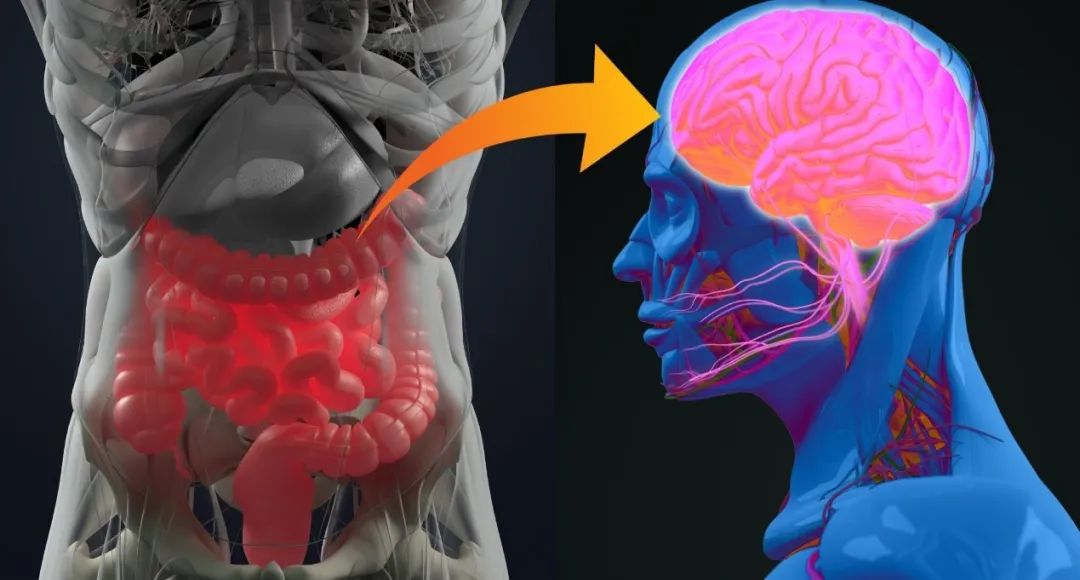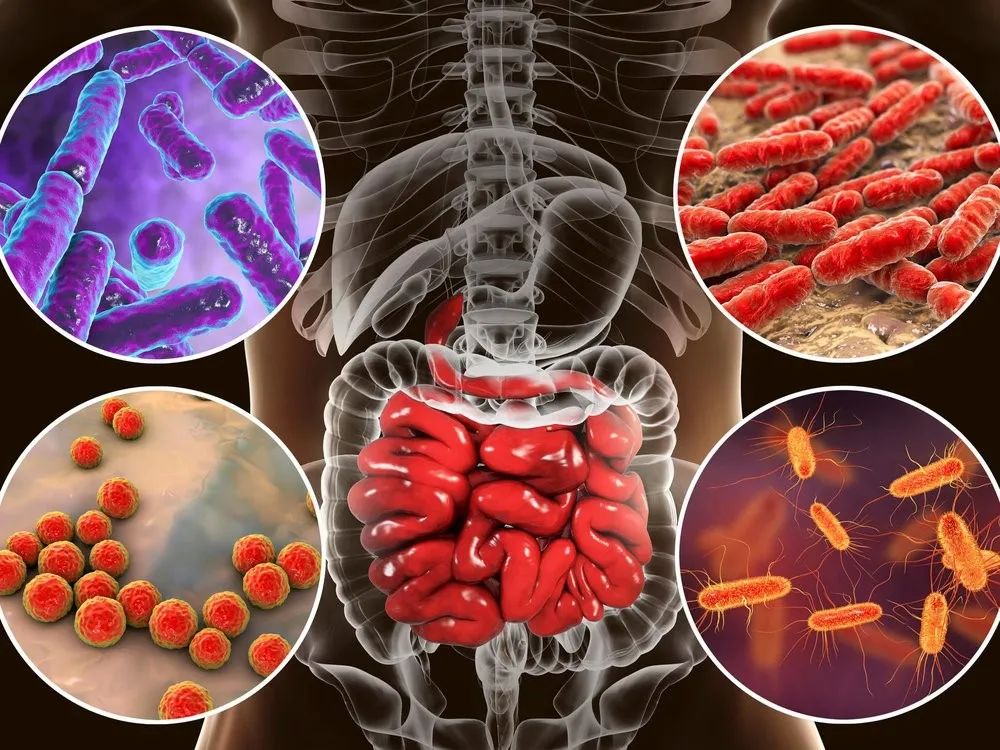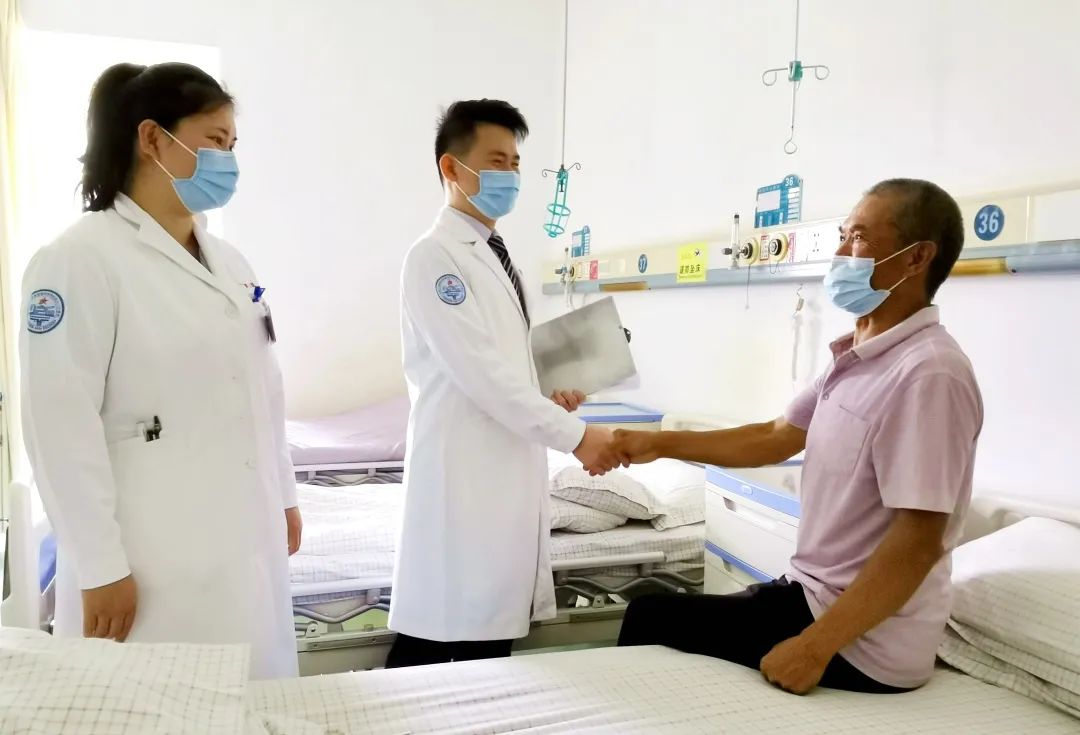This treatment is large but effective!
Author:Institute of Physics of the Ch Time:2022.06.15
Do you have this experience? You have just finished dinner, and you can't help eating a few strings.
Obviously a lot of lunch, you can turn on the afternoon tea mode after turning your head.

Why do you always want to eat? This is not your fault, you may be controlled by intestinal bacteria.
1
Intestinal bacteria and the brain talk directly, ask you to "eat and eat"
Some time ago, in a latest study published in the scientific magazine "Science" in the scientific community, the team of scientists from the Bastend Institute in France revealed the mysterious connection between the brain and the intestinal bacteria - dialogue. In the biological community, this can be said to be a Break -dimensional dialogue.

Picture source: "Science" magazine official website
Researchers found in the mouse model that the hypothalamus neuron can directly detect the changes in intestinal bacterial activity and adjust the physiological processes such as appetite and body temperature based on their changes.
Nervous cells in different areas of mice brain (especially hypothalamus) will express a NOD2 receptor, also known as a nucleotide olored domain, which is a special intracellular protein. This protein can identify the clip of the cell wall of the intestinal bacteria -cell wall peptide.
After the two contacts, neurons' electrical motion will be suppressed, causing the brain to lose the ability to control food intake and body temperature. As a result, mice (especially the elderly female individuals) have rising weight, and it is more likely to suffer from type 2 diabetes. Essence

Picture source: GutmicrobiotaForhealth
This study broaden our understanding of intestinal bacteria. They can directly talk to nerve cells and participate in the adjustment of physiological processes such as our body mild appetite. Previously, people thought that this process needs to participate in immune cells.
In addition to the "high -level" function such as dialogue with nerve cells, the "basic" function of intestinal bacteria is also very powerful.
2
Intestinal bacteria are closely related to human health
Most people's first impression of bacteria is "bacteria that cause diseases" and "to be removed and fast". In fact, there are "good people" in bacteria.
Hundreds of millions of bacteria live in the intestine. These bacteria are mainly divided into 3 categories, which are beneficial bacteria, opportunities to cause pathogenic bacteria and pathogenic bacteria. Well, beneficial bacteria are "good people" in bacteria.

Various bacteria in the intestine, source: Smithsonianmag
Beneficial bacteria are bacteria that help human health. Bisidobacterium is a kind of beneficial bacteria in the intestine. It is more common in infant intestines. It is particularly small in the intestinal tract of the elderly. It can enhance immunity, adjust the intestinal flora, and reduce cholesterol.
Pathogenic bacteria, as the name suggests, is bacteria that can cause human diseases. Fortunately, this kind of bacteria is an over -the -way bacteria, and there are fewer opportunities to stop in the intestine for a long time. When the intestinal flora ecology balances, because the number of bacteria is small, it is generally not caused by a demon to cause the human body.
The gas -producing membrane snaphylobacteria is one of this type of bacteria. It exists in the intestinal flora and also exists in the feces. After contaminating meat foods, a large amount of breeding can release bowel toxin, causing vomiting and diarrhea in the human body.
The opportunity to cause pathogenic bacteria is wall grass. Generally, it is relatively good. Under certain conditions, it will rebel, and it will be in the intestine to make waves and make the human body get sick.
Enterococcus is a kind of opportunity to cause pathogenic bacteria. It exists in the human intestine. Under the monitoring of the human immune mechanism, it should be a honest bacteria, but once it breaks through the control of the immune mechanism, it will become terrible. The devil is infected with the human body.
The three bacteria exist in the intestine with different quantities and proportion, and they are always in a dynamic balance with the host (that is, the person). This balance and stability have a very important role in the physiological function of the human body and have a profound impact on the health of the human body.
If the beneficial bacteria are "killed" or destroyed, the flora will be unbalanced, and the pathogenic bacteria can take the opportunity to breed, which will cause a series of health problems, such as gastrointestinal diseases such as enteritis, diarrhea, abdominal pain, and vomiting.

A large number of pathogenic bacteria can also produce toxic substances such as cymbal, hydrogen sulfide, and nitrosamine. These toxic substances can reach the organs with blood flow, causing tissue organs.
3
Decades can help you recover your health
What if a person's intestinal flora is disordered, what should I do if it has an impact on health? You can transplant the intestinal bacteria of others ~
"Pungee Transplantation" (FMT) is the functional flora in healthy human feces, transplanted into the patient's gastrointestinal tract, rebuilding the intestinal flora with normal function, and treating intestinal and extra -intestinal diseases.
For example, various types of intestinal "difficulty of dysfunction": difficult to distinguish the infection of Bacteria, inflammatory bowel disease, metabolic disease, intestinal immune defects, intestinal allergies and other diseases.
The entire process is roughly: in the laboratory, with the help of modern instruments and equipment, it is humanely separated to obtain a highly purified flora, and then the quantitative bacteria solution is injected into the patient's intestine through the endoscopy or drainage tube. (Send the things in the stool of healthy people to your own intestine
For the different situations of patients, the method of administration is also different. The pathway is also divided into upper digestive tract (oral dung fungus capsules), medium gastrointestinal tract (overlap and intestinal tube, gastroscopy plievidic tract, via -endoscopy gastric fistula empty bowel tube), lower digestive tract (colonoscopy, enema, enema, enema, enema , Colon fistula, and endoscopic intestinal implantation).
Although this newer treatment sounds strange, the effect is good.At present, patients with severe Crohn's disease combined with intestinal fistula, after being treated in this way, their symptoms are greatly relieved.Therefore, if you want to eat it, there is a good teeth that are not enough. Please also care for our intestinal flora to keep them always balanced, so that we can enjoy the deliciousness of the world ~
references:
[1] Gabanyi, Ilana Et Al.
[2] BORJA, et al. "Probiotics, Gut Microbiota, and their Influence on Host Health and Disease.
- END -
I can sing again now ...

Author | Song Yang, Shi HuiWith a cheerful little song, holding the bright red fla...
180 million old cigarette guns, can't support a explosive smoking quit medicine?

180 million old cigarette guns, can not afford a explosive smoking cessation medic...